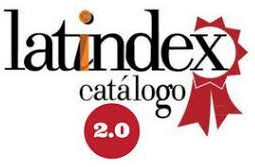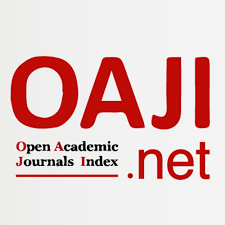Malvinas 40 years later. Possible moves in a war of positions
Abstract
This article shows the contributions of Social Anthropology and Ethnography in a typically historical issue such as the Anglo-Argentine conflict of 1982, over the Malvinas/Falkland Islands and the South Atlantic archipelagoes. Through a historical review, this text reconstructs the instances in which the positions that came to "solve" the paradox that underlies this war and its subsequent memory were formed: it was the dictatorship of the self-called National Reorganization Process (1976-1983) that carried out the recovery of the Malvinas Islands, with the popular support of the whole country. Despite this 40-year-postwar, these positions remain unshakable and prevent us from understanding that war, and above all, how it was possible.Downloads
References
Balbi, Fernando A. (2012) “La integración dinámica de las perspectivas nativas en la investigación etnográfica”. Intersecciones en Antropología XIII(2). Unicen.
Bartolomé, Leopoldo J. Bartolomé (org.) Argentina: la enseñanza de la antropología social en el contexto de las ciencias antropológicas. LASA-Ford y Red de Antropologías del Mundo-World Anthropologies. http://www.ram-wan.net/html/documents.htm
Desiderato, Agustín Daniel (2020) “La movilización de los niños durante la Guerra de Malvinas. Un análisis a través de la revista Billiken y el suplemento Croniquita”. En Tato, María Inés y Luis E. Dalla Fontana (dirs.) La cuestión Malvinas en la Argentina del siglo XX. Una historia social y cultural. Rosario, Prohistoria.
Guber, Rosana (2001) ¿Por qué Malvinas? De la causa justa a la guerra absurda. Buenos Aires, Fondo de Cultura Económica.
Hernández, José (1952) Las Islas Malvinas. Buenos Aires, Joaquín Gil editor.
Irazusta, Julio y Rodolfo Irazusta (1934) La Argentina y el Imperialismo Británico. Eslabones de una cadena, 1806-1933. Buenos Aires, Ediciones Argentinas Cóndor.
Lorenz, Federico G. (2017) La llamada. San Miguel de Tucumán, UNT.
Peirano, Mariza G.S. (1995) A favor da etnografía. Río de Janeiro, Relume Dumará.
Quirós, Julieta (2014) “Etnografiar mundos vívidos. Desafíos de trabajo de campo, escritura y enseñanza en Antropología”. Publicar en Antropología y Ciencias Sociales XII(XVII):47-65. Reeditado en Guber, R. (comp.) (2018) Trabajo de campo en América Latina. Buenos Aires, SB.
Copyright (c) 2022 Rosana Guber

This work is licensed under a Creative Commons Attribution-NonCommercial 4.0 International License.

Historia & Guerra uses an international license Attribution-NonCommercial 4.0 International (CC BY-NC 4.0).
You are free to:
- Share — copy and redistribute the material in any medium or format.
- Adapt — remix, transform, and build upon the material.
- The licensor cannot revoke these freedoms as long as you follow the license terms..
Under the following terms:
Attribution — You must give appropriate credit, provide a link to the license, and indicate if changes were made. You may do so in any reasonable manner, but not in any way that suggests the licensor endorses you or your use.
NonCommercial — You may not use the material for commercial purposes.
No additional restrictions — You may not apply legal terms or technological measures that legally restrict others from doing anything the license permits.
Notices:
You do not have to comply with the license for elements of the material in the public domain or where your use is permitted by an applicable exception or limitation.
No warranties are given. The license may not give you all of the permissions necessary for your intended use. For example, other rights such as publicity, privacy, or moral rights may limit how you use the material.
The author retains all rights to his work without restriction and grants Historia & Guerra the right to be the first publication of the work. Likewise, the author may establish additional agreements for the non-exclusive distribution of the version of the work published in the Journal (for example, placing it in an institutional repository or publishing it in a book), with the acknowledgment of having been first published in this journal. Use of the work for commercial purposes is not permitted.
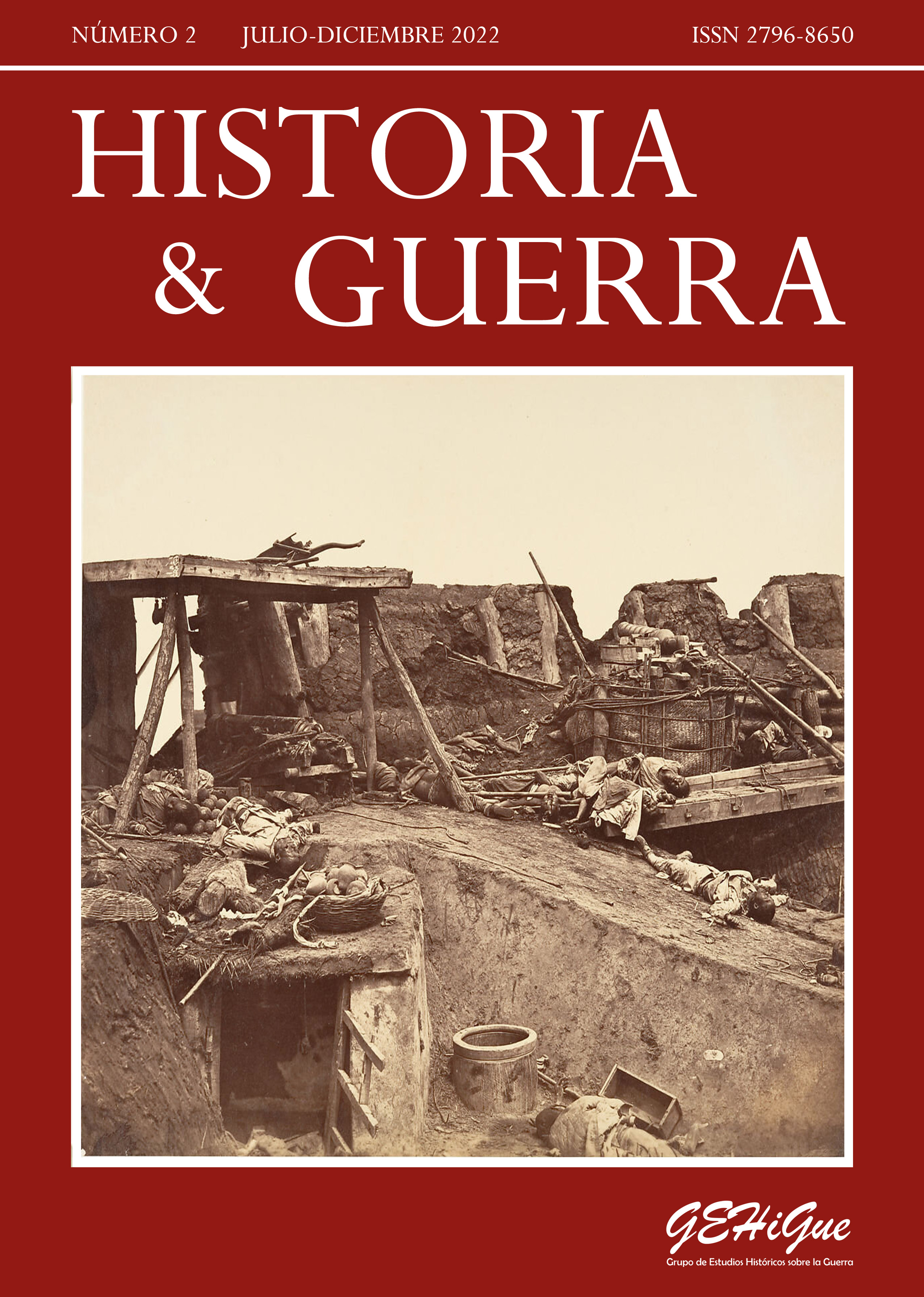

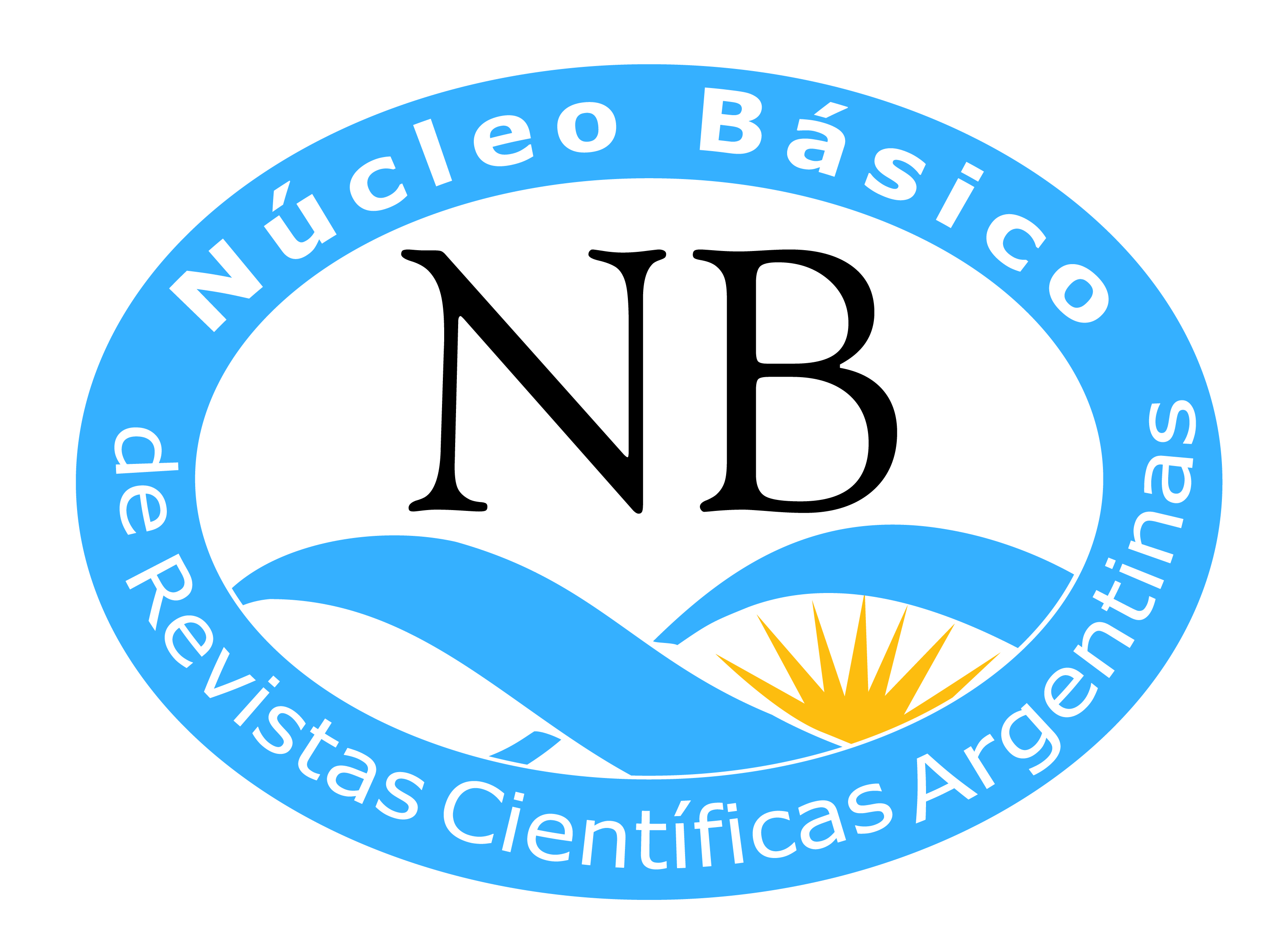




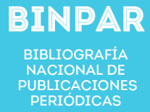






.jpg)


